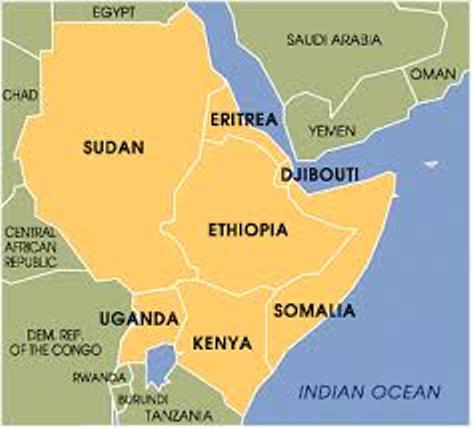The Horn of Africa is one of the most geo-strategically important regions of the world, and one of the main theatres in which the Sino-African four-pronged approach – based on economic, ideological, political and security interests – unfolds. This policy brief unpacks the dynamics of Chinese engagement with the Horn of Africa, with Ethiopia as a case study. The brief maintains the view that although European Union (EU) and Chinese activities in the Horn of Africa often differ in ideological and political interests, there is significant complementarity in economic and security interests. It also suggests that by making a balanced assessment of China’s activities in the region, and by understanding where the two agendas diverge and where they are complementary, the EU could work with China to strengthen stability in the region. The brief will conclude with recommendations for EU policy makers and private sector actors who seek further engagement with the Horn.
Introduction
The Horn of Africa is one of the most geo-strategically important regions of the world. On the one hand, it is economically significant: its coastal opening on the Red Sea positions it along an important maritime trade artery linking Europe and Asia; it provides access to emerging markets that have attractively low labour costs; and it is home to natural resource deposits. On the other hand, the Horn of Africa is a highly fragile region that has seen considerable conflict and securitisation over the past decades: a civil war in Somalia and continued attacks by Al-Shabaab; piracy off the coast of Somalia; civil war in Darfur and South Sudan; proximity to the civil war in Yemen; ethnic unrest in Ethiopia; and, not least, the securitisation of the Red Sea, as exemplified by Djibouti, which now hosts …


COMMENTS